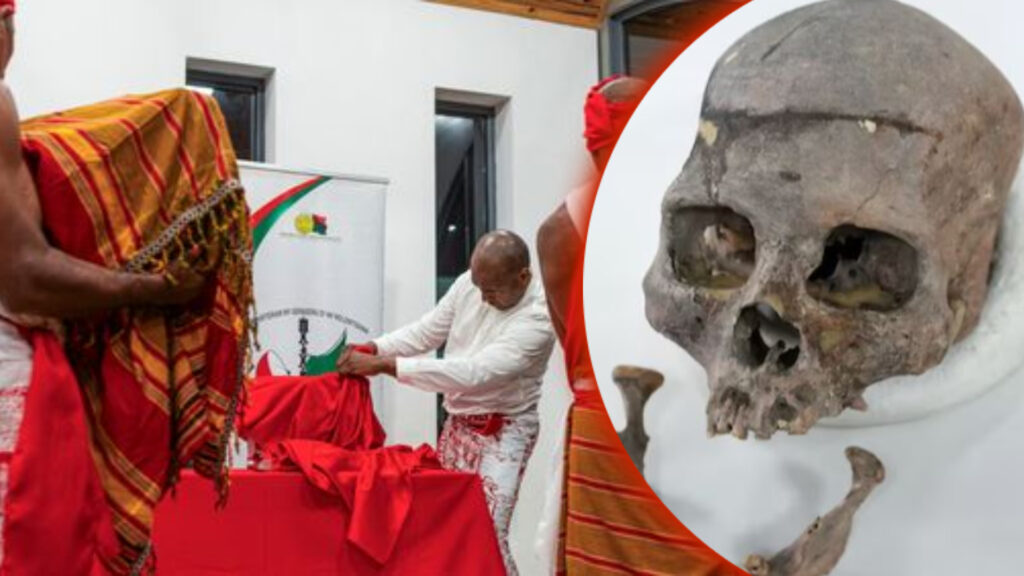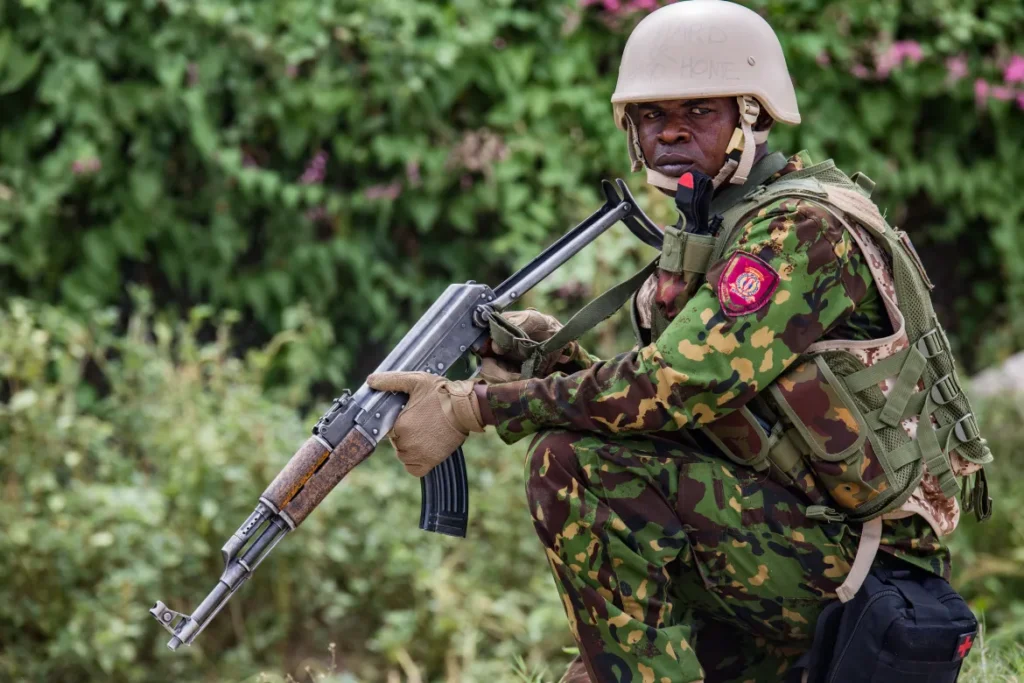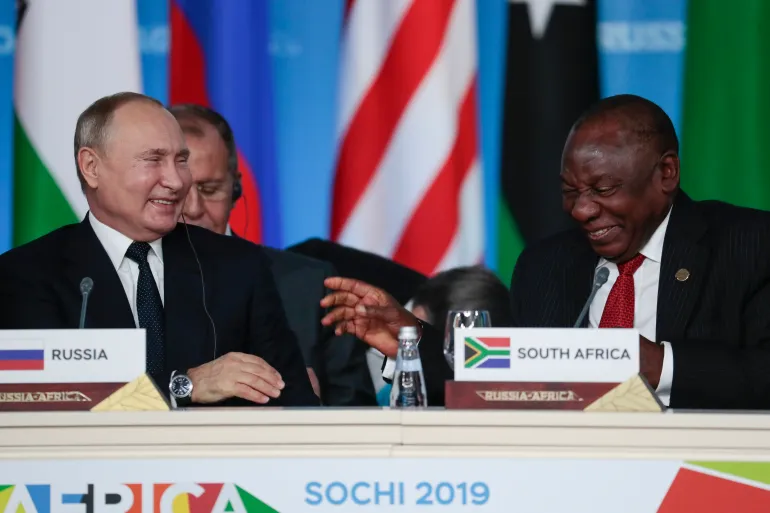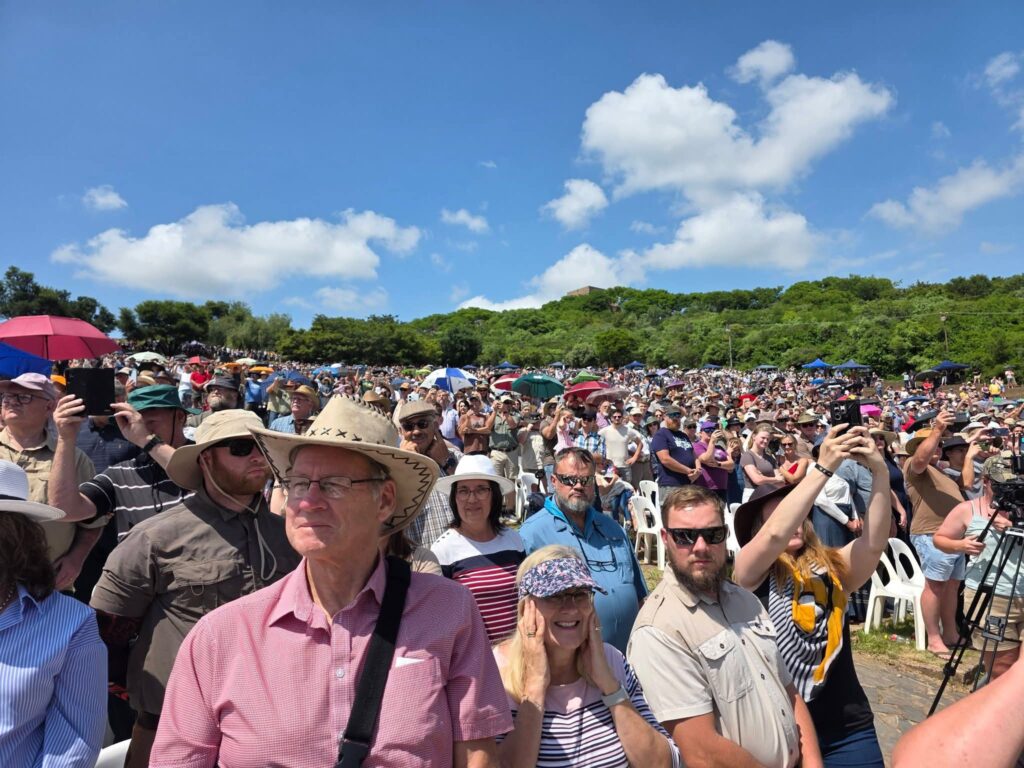
Madagascar on Tuesday welcomed three skulls of Indigenous warriors returned from France, including one believed to be of a king killed 128 years ago.
The repatriation marks the first use of a 2023 French law allowing the return of human remains to former colonies. One skull is thought to belong to King Toera, ruler of the Sakalava kingdom, whose remains were taken during clashes in 1897.
The skulls were kept in a Paris museum alongside hundreds of others looted from Madagascar, a nation off Africa’s southeastern coast. After nearly 130 years, the remains arrived in Antananarivo, greeted by political leaders, military officials, and royal family members at a solemn ceremony.
President Andry Rajoelina said the event honoured martyrs who resisted colonialism, urging citizens to rekindle the “flame of patriotism” in their memory. In a symbolic gesture, King Toera’s great-grandson sprinkled water from the sacred Tsiribihina River on his ancestor’s coffin to welcome him home.
The coffins are scheduled for reburial in Menabe, approximately 800 kilometres from the capital, fulfilling a request made by descendants over 20 years ago. The return highlights Europe’s ongoing reckoning with its colonial past, where nearly 90% of sub-Saharan Africa’s cultural heritage remains abroad.
France is currently the only European nation with a law to handle human remains restitution, bypassing complex legislative procedures for individual requests. Other countries like Germany, Belgium, and the UK have returned some remains, but progress is slow, often limited to negotiations or symbolic gestures.
Activists and African governments continue pressing for broader repatriation, citing moral responsibility and the trauma caused by keeping human remains abroad. The event in Madagascar represents both closure for the Sakalava people and a symbolic step in addressing colonial-era injustices across the continent.




